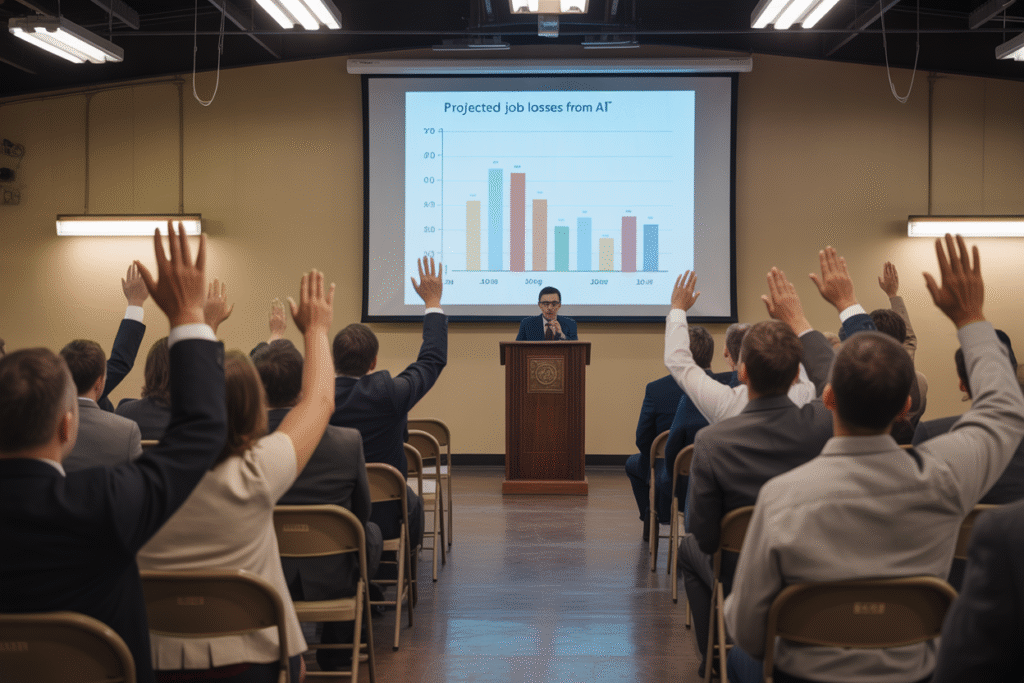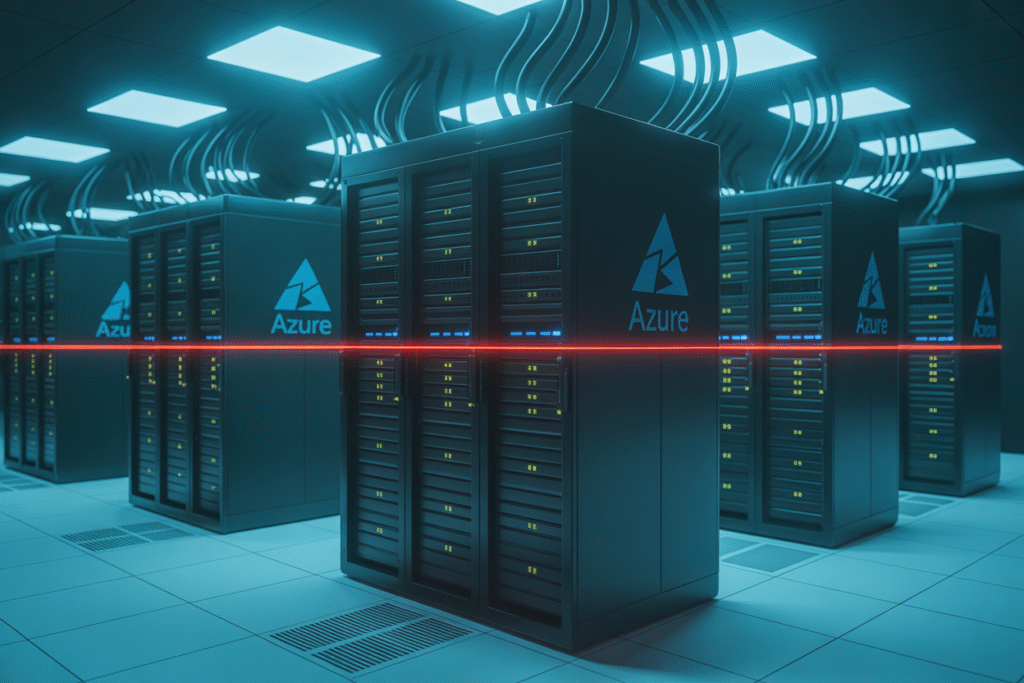Why unions are pushing hard to slow AI rollouts—and what it means for your job.
In the past three hours, labor unions across the United States have launched an unprecedented push to restrict AI in the workplace. Their argument is simple: if we don’t act now, millions of jobs could vanish overnight. Tech giants counter that AI ethics and innovation go hand in hand. Who’s right? Let’s dig into the debate that could reshape your career.
The Union Ultimatum
Picture a packed union hall in Detroit. Steam from coffee cups curls into the air while reps from the UAW, Teamsters, and SEIU huddle over a single sheet of paper. That paper is a draft bill that would force any company using AI to prove—before deployment—that the tech won’t displace human workers.
The proposal landed on state lawmakers’ desks at 1:13 p.m. GMT today. It demands third-party audits, public disclosure of AI ethics risks, and a six-month cooling-off period before algorithms can touch payroll systems.
Why the sudden urgency? Union leaders cite fresh data showing customer-service AI alone could erase 2.3 million jobs by 2026. They argue that waiting for federal AI regulation is a luxury workers can’t afford.
Tech employers see it differently. One startup CEO told the Washington Post the bill is “a sledgehammer aimed at innovation.” He insists AI ethics can be baked in without slamming the brakes on progress.
Caught in the middle: everyday employees who just want to know if their paycheck is safe.
The Numbers Behind the Noise
Let’s zoom out for a second. According to the Bureau of Labor Statistics, roles most exposed to AI include:
• Data entry clerks
• Payroll processors
• Customer support reps
• Basic financial analysts
Each of those categories employs over a million Americans. Even a modest 10 % displacement would ripple through local economies like a summer thunderstorm.
Unions aren’t relying on scare tactics alone. They commissioned a study from MIT’s Work of the Future group. The headline: every $1 saved by AI-driven automation costs $3 in lost wages and community spending.
Tech firms fire back with their own stats. McKinsey’s latest report claims AI could add $13 trillion to global GDP by 2030. Their pitch: growth will create new roles faster than old ones disappear.
Who’s telling the truth? The answer depends on which spreadsheet you open first.
What Happens Next—and How to Prepare
So where does this leave you, the worker—or the manager trying to balance AI ethics with bottom-line pressure?
If the union-backed bill passes, companies will need to file AI impact statements similar to environmental impact reports. Expect longer product cycles and higher compliance costs. Startups may flee to states with looser rules, creating a patchwork of AI regulation across the country.
On the flip side, delayed deployment could give workers time to retrain. Community colleges are already launching eight-week certificates in AI oversight and prompt engineering. Early enrollment numbers are through the roof.
Here’s a practical checklist to future-proof your career:
1. Audit your current role: which tasks are repetitive enough for AI to swallow?
2. Upskill in areas that algorithms struggle with—creative problem solving, relationship building, ethical judgment.
3. Track local legislation; some cities may adopt the union standards even if states don’t.
The fight over AI in the workplace isn’t just headlines—it’s a live audition for the next decade of work. Whether you cheer the unions or side with the tech giants, one thing is clear: the choices made today will decide who collects a paycheck tomorrow.


